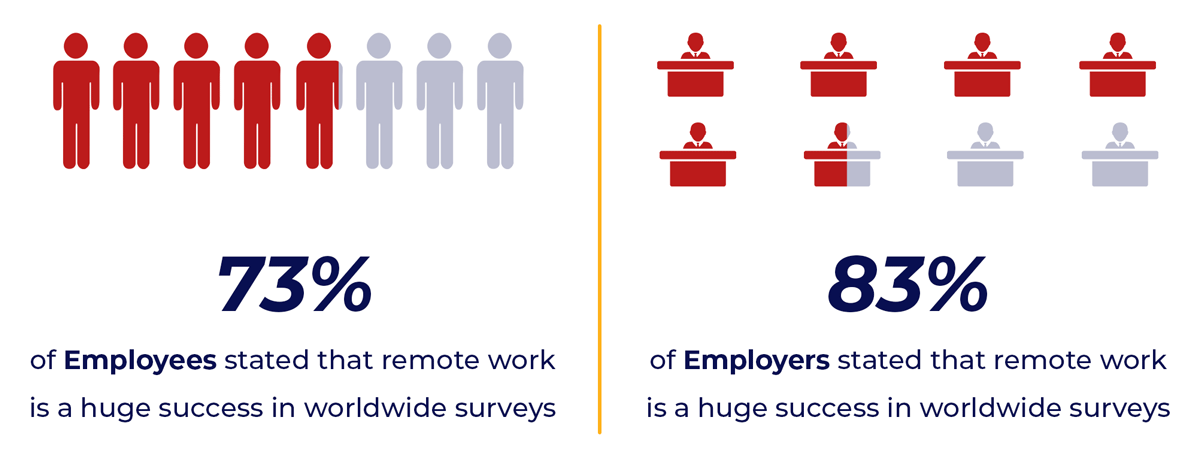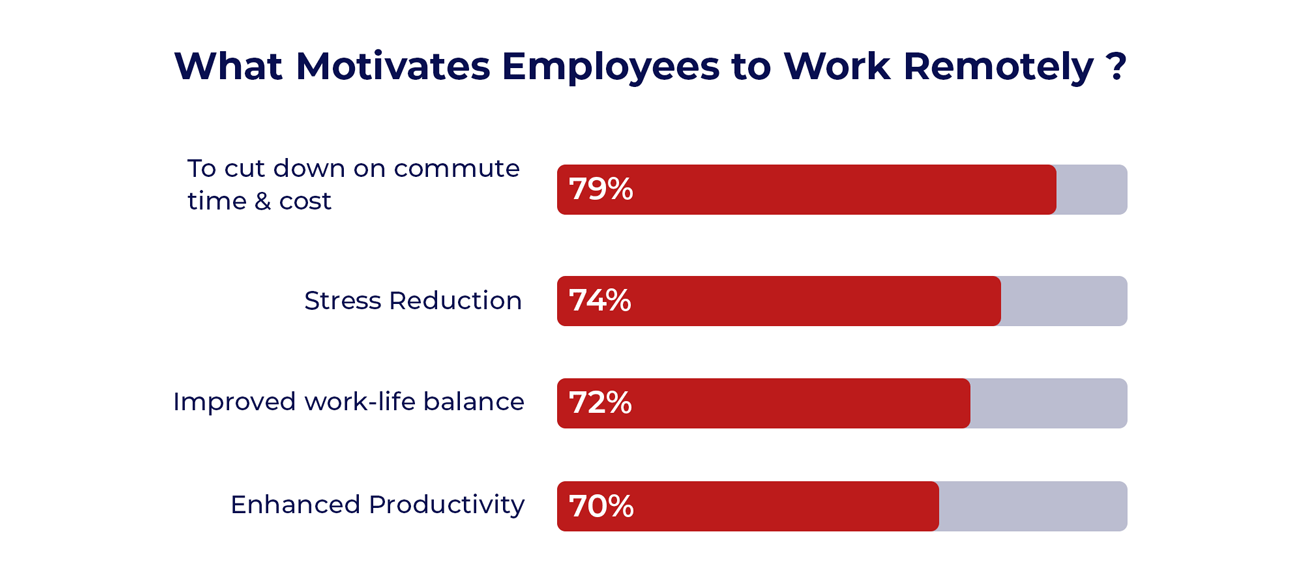The COVID-19 pandemic and technical improvements throughout industries forced businesses to adopt remote working as an essential component of the fundamental corporate strategy. Even so, every firm performance in times of turmoil depends on its ability to transition towards this novel standard operating style.
Due to this change, businesses’ three most frequent difficulties are finding, recruiting, and keeping successful remote workers. Many service providers offer Global EOR Services for recruiting ideal remote employees.
Employing workers remotely necessitates a more deliberate approach. Furthermore, 73% of employees and 83% of employers stated that remote work is a tremendous success in worldwide surveys. Not only are you attempting to connect the ideal individual with the right job, but you are also looking for people who would be comfortable working remotely. Let us explore more about this:

Remote working: An overview
Everything is evolving due to remote working, including our views on work-life balance, communication methods, and efficiency evaluation techniques. Several regulations that previously set the limits of our working lives have changed due to the “massive remote operational experiment.
The job market will undoubtedly entail decentralized, transnational, co-located, and remote skilled workers that use online tools to stay in contact efficiently. Several businesses have practically stated a WFH “permanent” plan, and according to 53% of American survey, participants will do at least some of the future projects from home.
Essential Points to Consider While Recruiting Remote Staff:
While it may be simple to hire remotely, it might be more challenging to switch to a workspace that values remote workers. Once you’re managing payment in several nations, attempting to interpret several employment rules, and managing taxation, geographical boundaries still play a significant role.
Finding world-class talent in the industry is among the significant issues businesses undertake. Despite millions of available jobs posted daily, the employment market is highly competitive. Let us consider some important aspects while managing remote working recruitment:
1. Payroll Management:
Despite the most straightforward situations, payroll might be a hassle, particularly for small enterprises with financial accounting. Managing payroll might be legally risky if you recruit people worldwide in new regions.
The logical move is to connect with Payroll outsourcing solutions for a sustainable administration of the employers of reference in case the company wants to build a branch overseas.
2. Probability of A Permanent Establishment
Organizations with a consistent presence in a nation are referred to as “permanent establishments” for accounting purposes. If the nation has a permanent establishment, corporate income taxes could be levied overseas. Companies may also adhere to regulatory requirements that differ from those of other foreign businesses.
3. Invention and IP Rights
Even traditional office structures allow for a country’s capital of workplaces at a time, creating intellectual property rights a little easier to understand. Global recruits make it a little more complicated.
There are times when remote workers do not use business property, tools, or expertise. Losing IP rights due to ignorance of international norms may lead to legal disputes, reputational harm, and other issues.

Advantages of Remote Working:
Global Employee Benefits Solutions manages the merits and drawbacks of remote work. Meanwhile, building diverse personnel was never more straightforward, thanks to software products that support routine activities and streamline communication.
The primary benefits of remote working for business units all centre on how it affects regular activities, profitability, and workforce well-being. Below are a few benefits of working remotely for the corporate project team:
Savings on Teamwork Activities
Interaction is Upgraded
Advanced Skilled Workforce
Improvements in Employee Wellbeing
Gains in Efficiency
Process of Remote Work Recruitment:
Develop a Job Specification
Examine Resumes and Choose the Ideal Candidate
Arrange the Teleconference Interview Schedule
Evaluate the Candidate's Competence
Examine the References
Develop an agreement
Conclusion:























 IMC Group
IMC Group